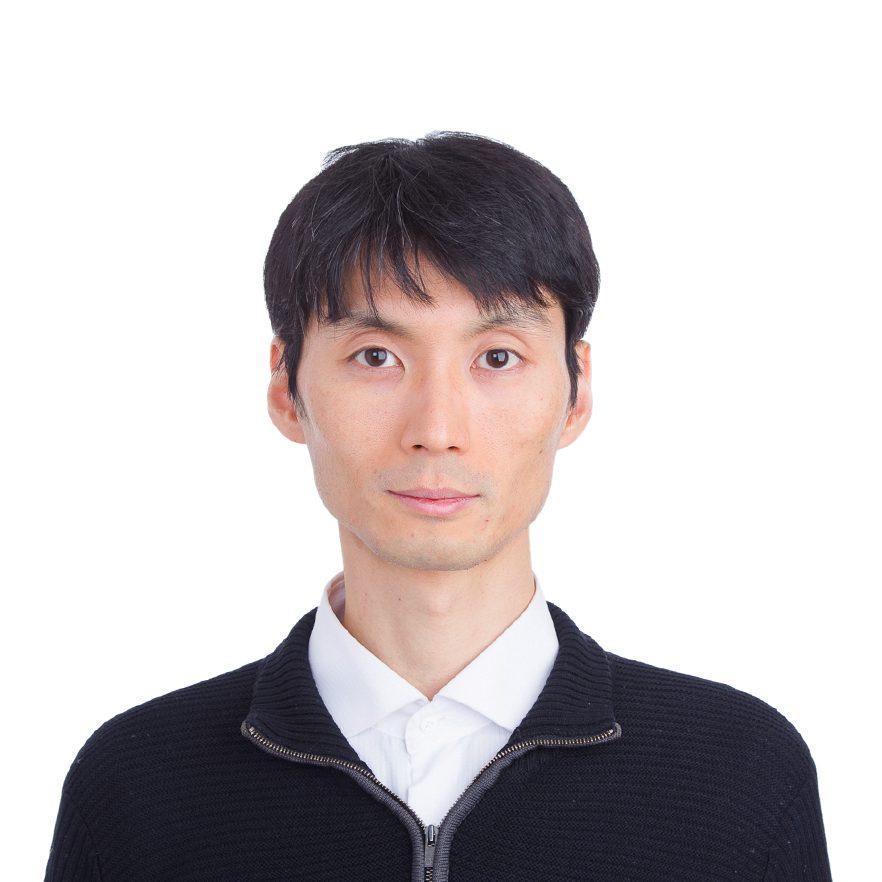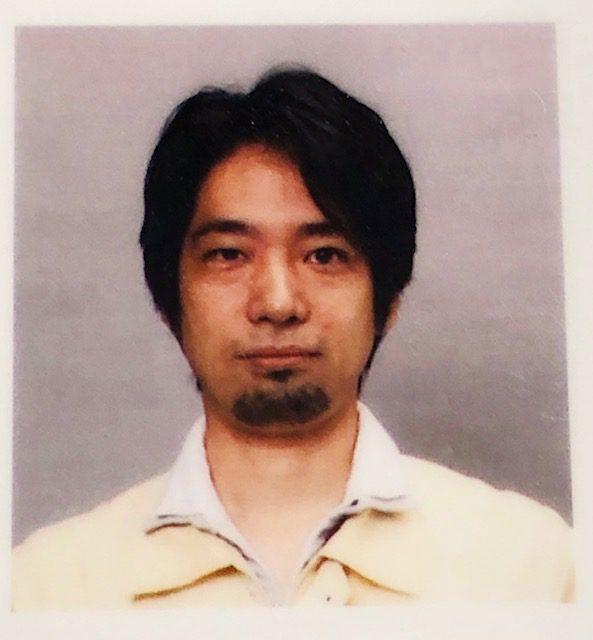Editor: What To Know
- With a wide portfolio of signal processing algorithms, TDK is preparing a continuous roadmap of improved sensor sensitivity to extend non-invasive 3D mapping to the atria for atrial fibrillation mapping and ablation.
- The TDK MCG 3D mapping system platform is being developed to become an ideal tool for meeting the critical needs of the OEMs, system architects, interventional cardiology doctors and Software-as-a-Service (SaaS) companies involved in manufacturing and measuring heart bio signals.
- TDK envisions forming and expanding its ecosystem of biomagnetic sensing with strategic partners working at the leading edge of sensor technology, by providing them with a set of tools for conducting independent research.
Authors

Rakesh Sethi, Vice President, General Manager
Advanced Product Development
TDK U.S.A. Corporation

Yasushi Terazono, Sr. Scientist
TDK U.S.A. Corporation

Tomohiko Shibuya, Manager of
PicoTesla Sensor Solutions
TDK Corporation
Three years ago, in Japan, the TDK room temperature, magnetocardiography (MCG) real-time imaging platform was deployed for investigational use only in a multi-year trial. The key goal has been to provide non-invasive mapping of bio signals in the heart. One main objective is to develop a sensing platform that can resolve the spatial and temporal properties of ventricular arrhythmias in real time. MCG has the potential to non-invasively locate the successful ablation site in advance, which could potentially shorten the duration of procedures, improve accuracy and reduce the overall radiation dose. Combined with novel, emerging non-invasive external radiation ablation therapy, TDK’s MCG platform could disrupt traditional methods by powering a new generation of entirely non-invasive heart arrhythmia therapy.
With a wide portfolio of signal processing algorithms, TDK is preparing a continuous roadmap of improved sensor sensitivity to extend non-invasive 3D mapping to the atria for atrial fibrillation mapping and ablation. TDK envisions forming and expanding its ecosystem of biomagnetic sensing with strategic partners working at the leading edge of sensor technology, by providing them with a set of tools for conducting independent research. This strategy should allow leading OEMs and startups to advance their technology roadmaps. In this article, we describe some key pain points for interventional cardiologists and electrophysiologists (EPs) working with currently available technologies.
Today the interventional cardiologist confronts multiple tradeoffs such as patient, nurse, and doctor safety; duration of procedure; ablation target location accuracy; value of arrhythmia origin and isthmus identification; and value of other substrates. The effectiveness of preoperative examinations for the identification of ablation sites remains a key concern. The current trend is towards invasive radio-ablation. Shortening of the procedure currently is of prime importance. Current procedures can last up to four hours (1). The MCG mapping method potentially may lead to a significant reduction in procedures’ times, to less than one hour.
Spatial resolution targets currently acceptable are in the range of 2-10 mm. MCG could potentially enable such a possibility. Localizing an ablation site can be broken down into estimating its origin or isthmuses or paths of reentry, as well as the presence of other substrates. MCG mapping algorithms are now being developed to ascertain each of these electric foci and circuits.
The future non-invasive sensing ecosystem demands a critical look at all of the above tradeoffs. The TDK MCG 3D mapping system platform is being developed to become an ideal tool for meeting the critical needs of the OEMs, system architects, interventional cardiology doctors and Software-as-a-Service (SaaS) companies involved in manufacturing and measuring heart bio signals. MCG systems potentially allow OEMs to design tools that can provide faster turnaround times, better imaging, higher resolutions, lower costs and ultimately, positive outcomes.
Learn more about MCG with TDK, by contacting inqmsb@jp.tdk.com. Additional details can be found in our product center and on our product page.

